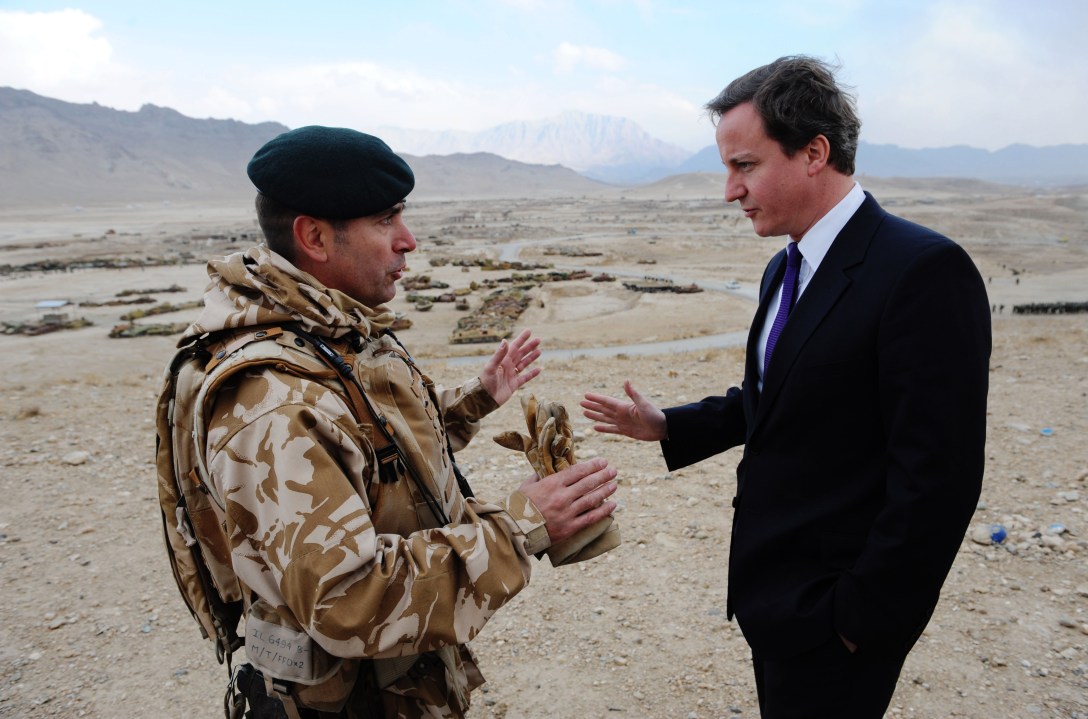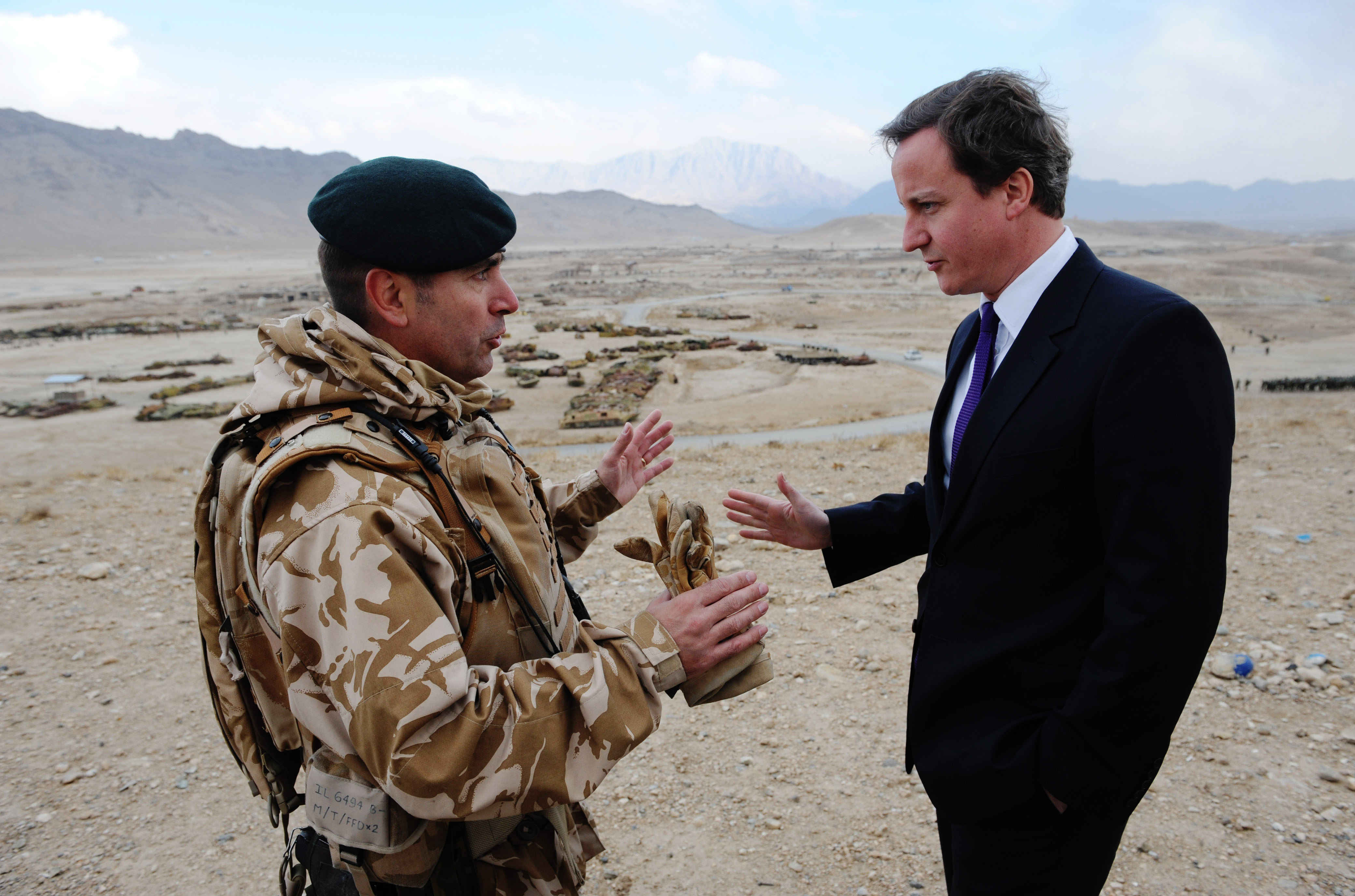 In today’s Times, and on the occasion of George Osborne and William Hague’s visit to Helmand, the Tories are publishing proposals for how to improve the Government’s approach to post-conflict operations. Their central idea: to create a stabilisation force in the military, complete with the necessary expertise, training and so on to win the peace after combat.
In today’s Times, and on the occasion of George Osborne and William Hague’s visit to Helmand, the Tories are publishing proposals for how to improve the Government’s approach to post-conflict operations. Their central idea: to create a stabilisation force in the military, complete with the necessary expertise, training and so on to win the peace after combat.
If it was not already abundantly clear, the Iraq Inquiry has shown how ill-prepared the British state – civil service, military and government – was for post-combat reconstruction. Though much has changed since the Iraq War – e.g. a dedicated department, the Stabilisation Unit, has been set up in Whitehall, and General David Richards has restructured the Army – reforms have still been too modest and too slow. As Major General Andrew Mackay said recently, the MoD is “instutionally incapable” for the tasks at hand. The Conservative proposal is exactly what’s needed to push the debate along.
Humanitarian types can be expected to complain of the potential militarisation of overseas aid, and stalwarts in DfiD may feel under attack. But there is no non-official aid going to places like Helmand and Kandahar. For it is too dangerous for NGOs, and sometimes even DfiD, to work in the line of so much fire. So something else is needed – and that’s where the Conservative proposal comes in.
Concerns about the army taking on much of DfiD’s work under a Tory government are, at any rate, misplaced. The Conservatives are serious about keeping the poverty-alleviating agency intact, though they want it to be a better partner to the MoD. Creating a stabilisation force is part of a reform programme to do just that. But to be sure that everyone’s views are heard, the idea will apparently be fed to the National Security Review which William Hague has announced.
In preparing for war, and what usually comes afterwards, the Tories seem keen to learn the lessons the Labour government has struggled to take on board.







Comments